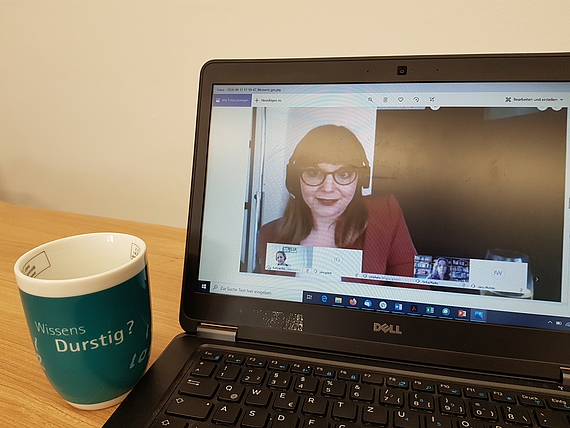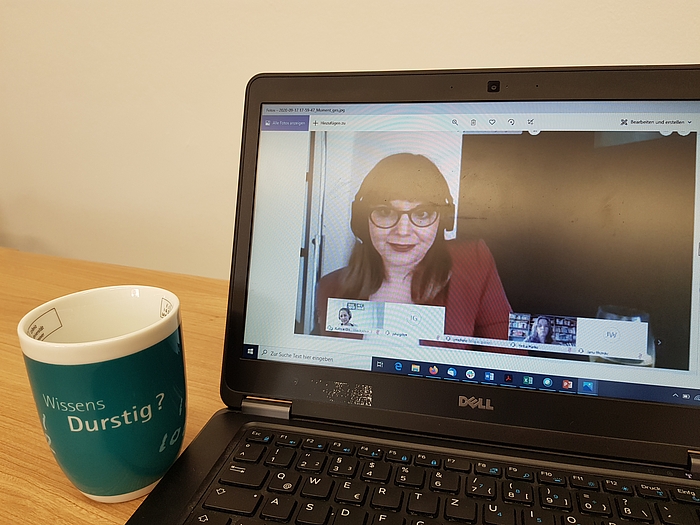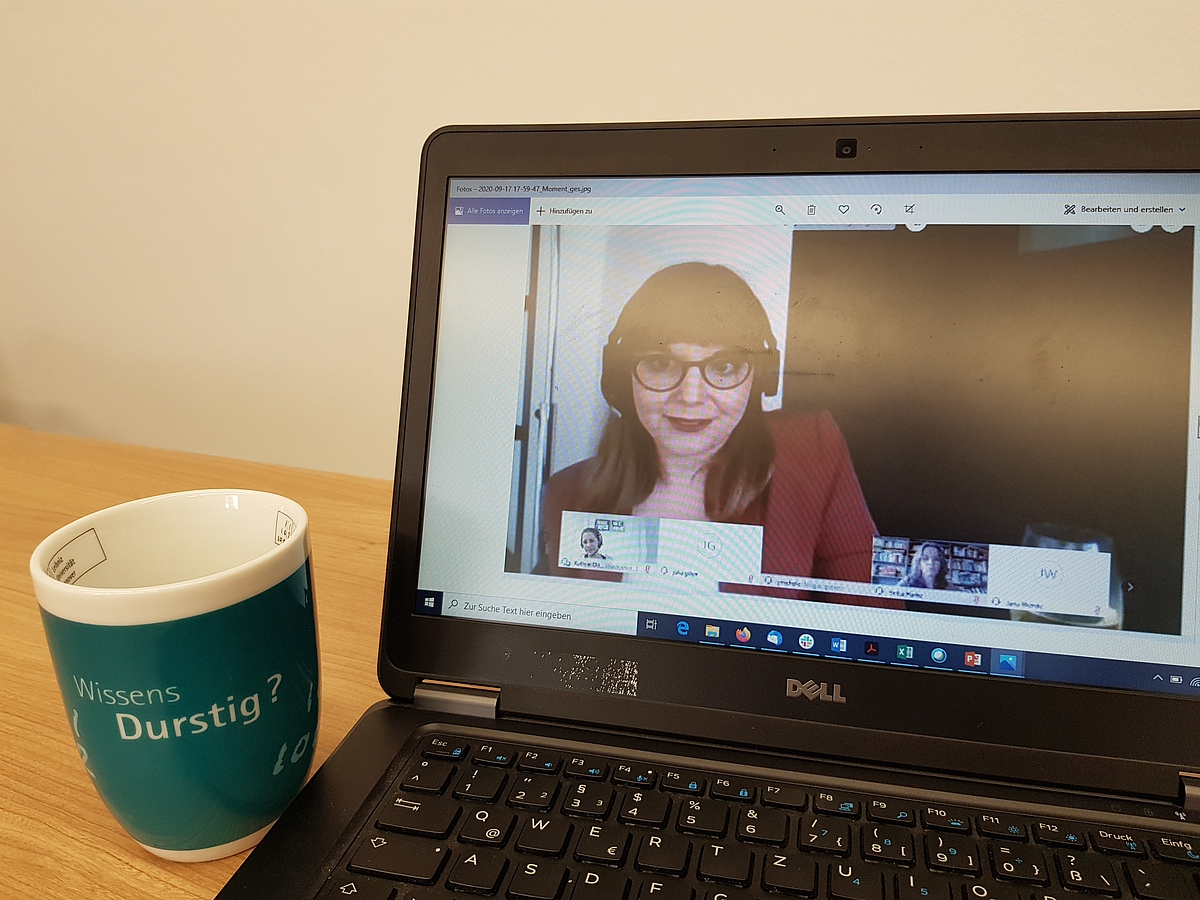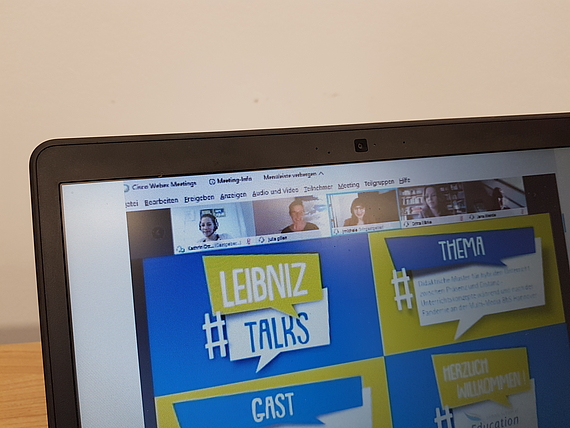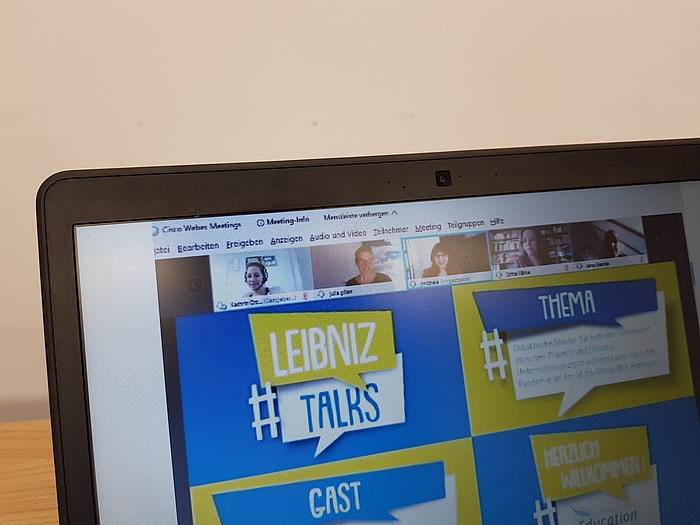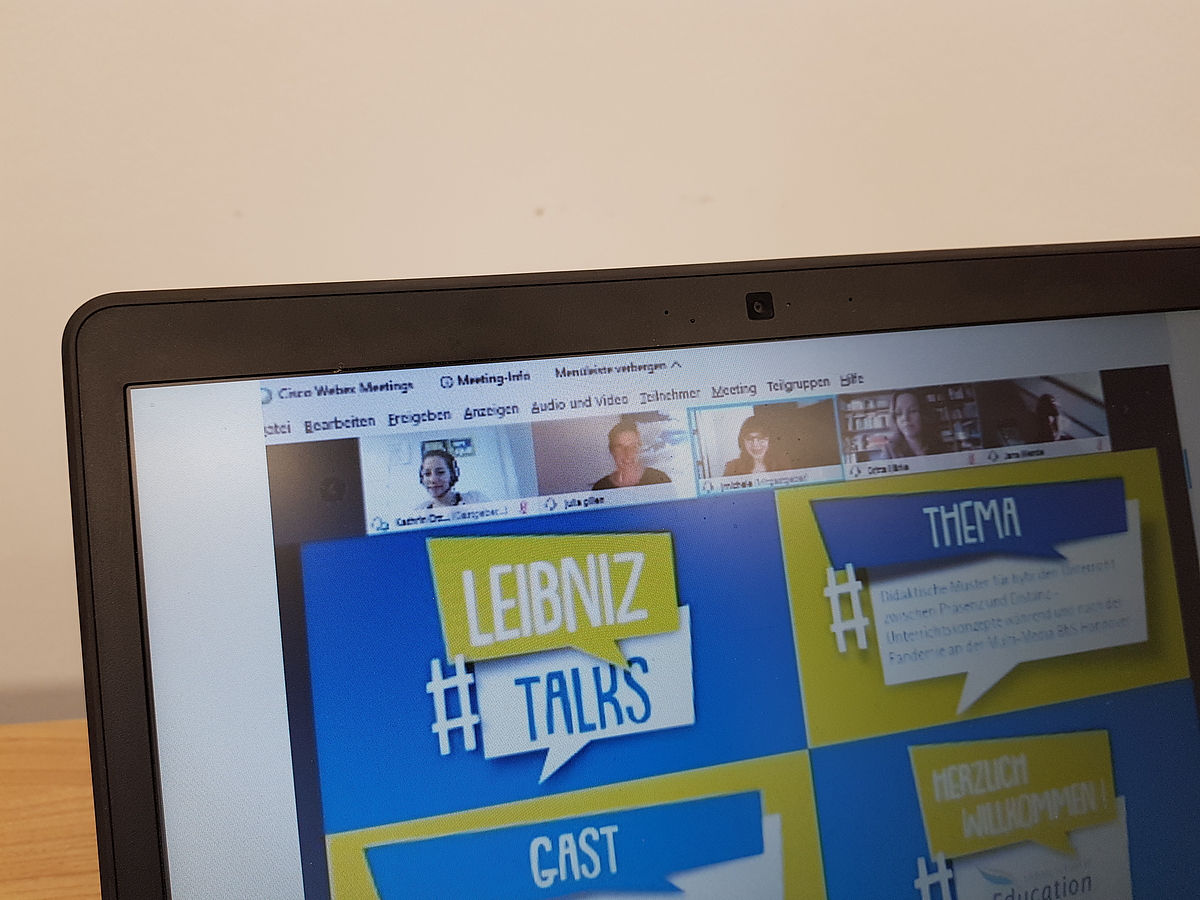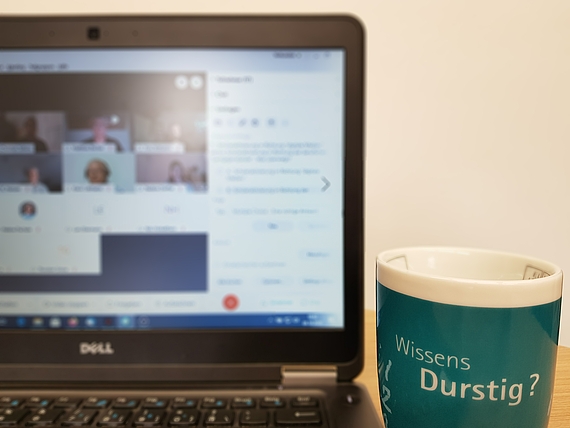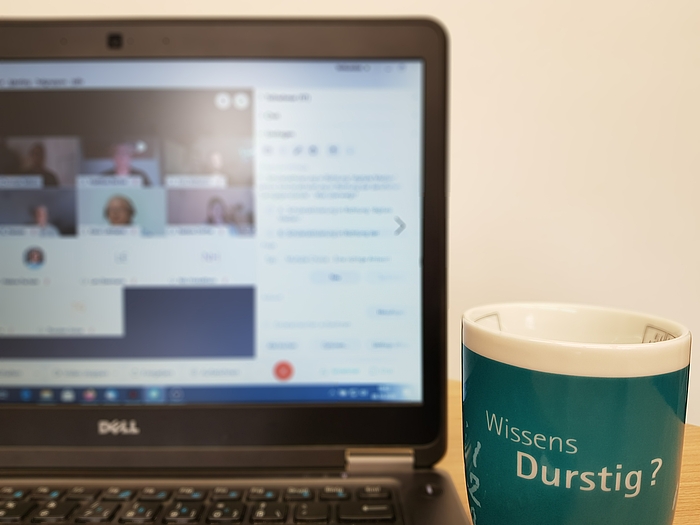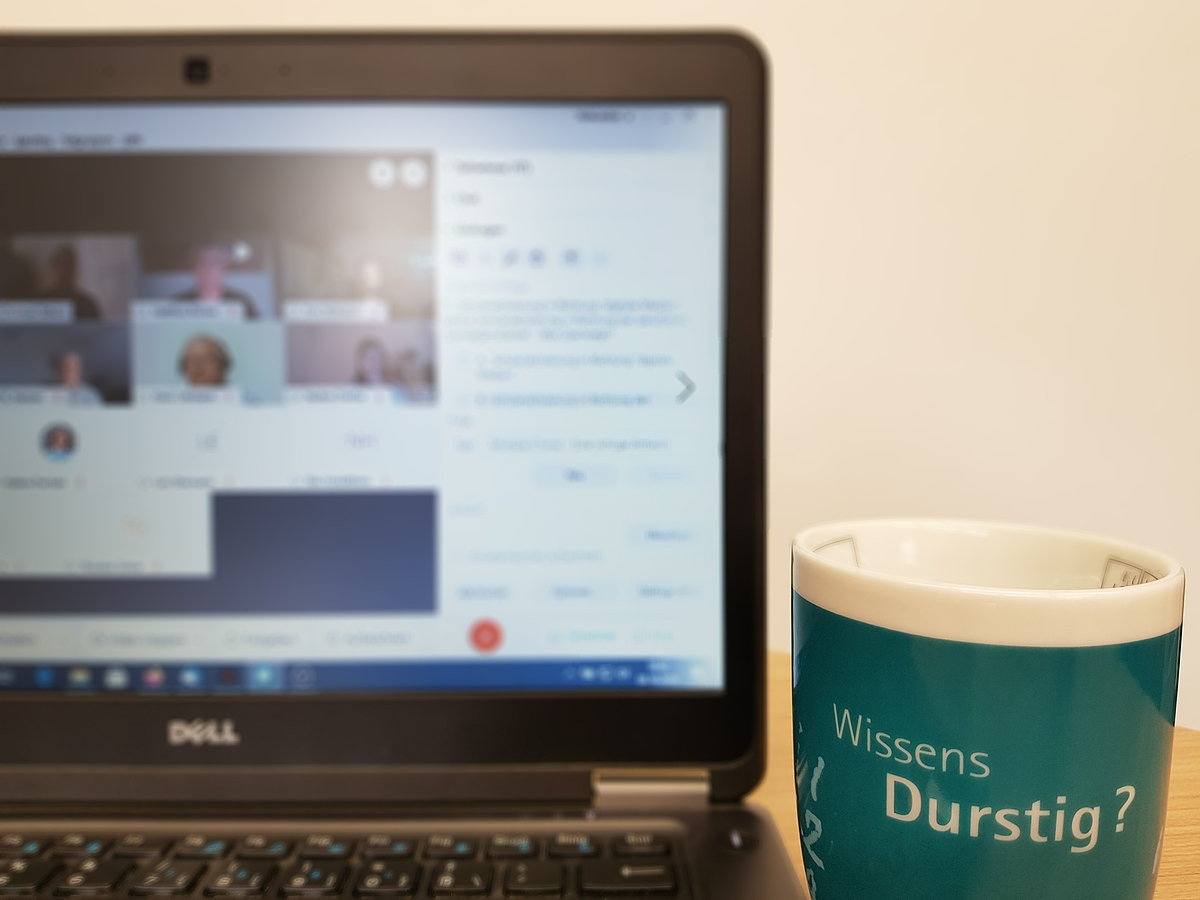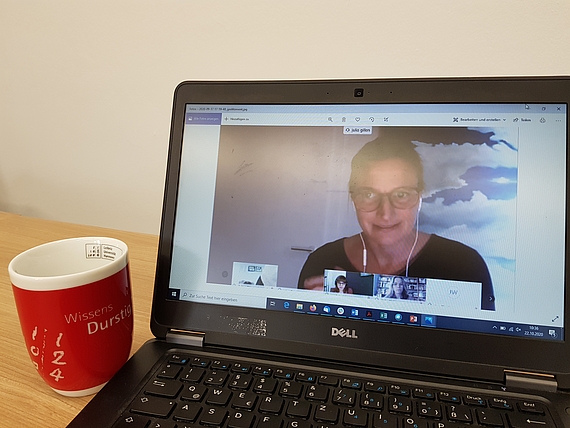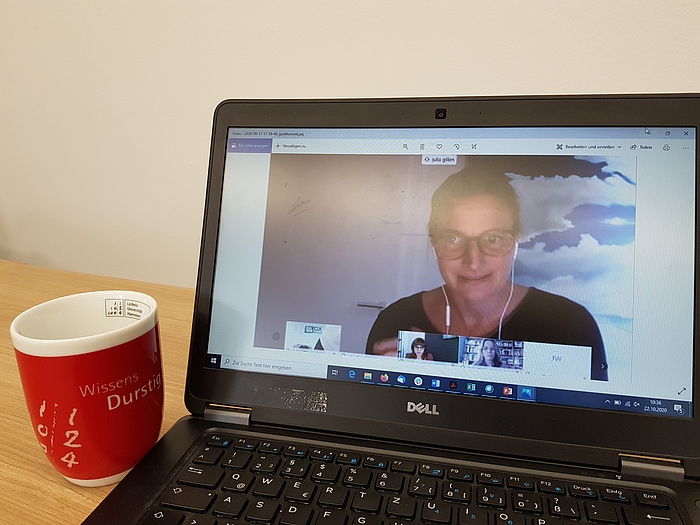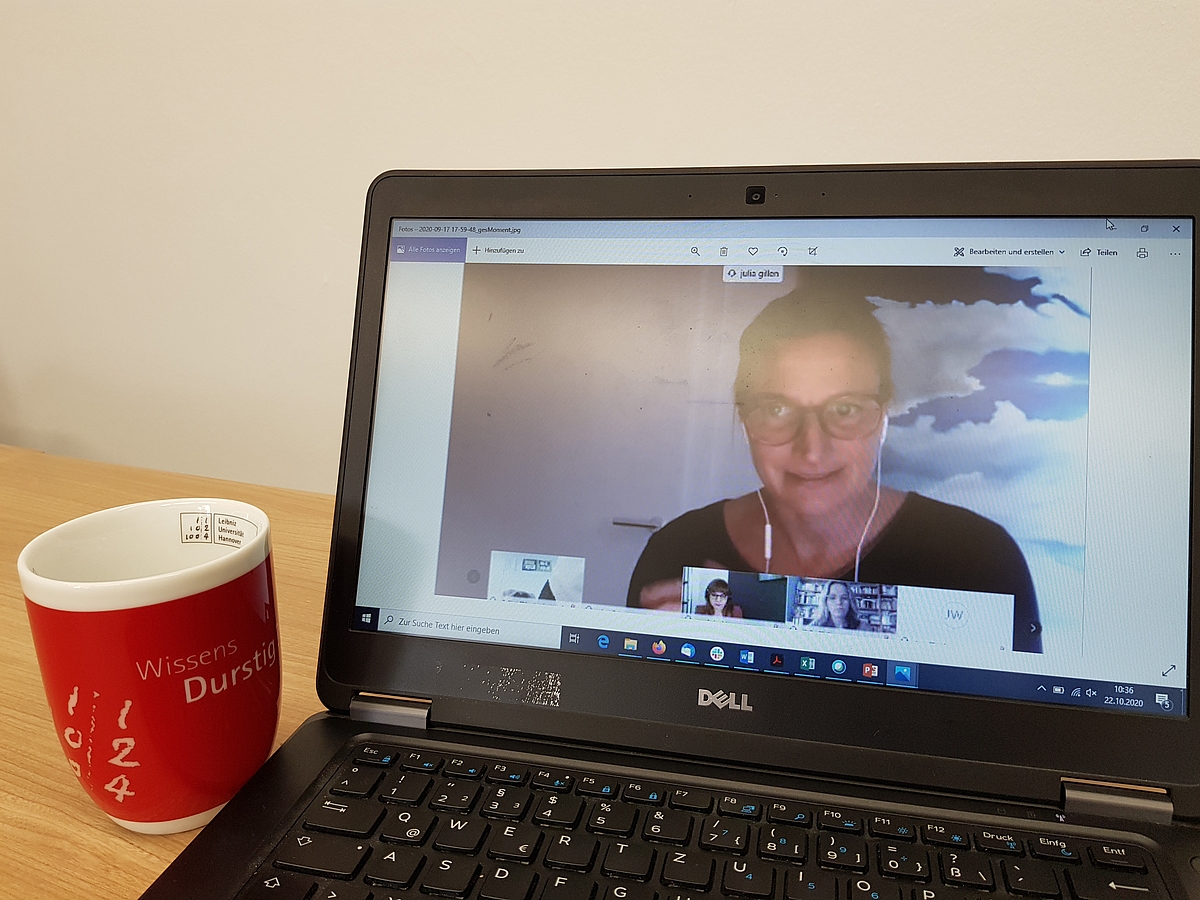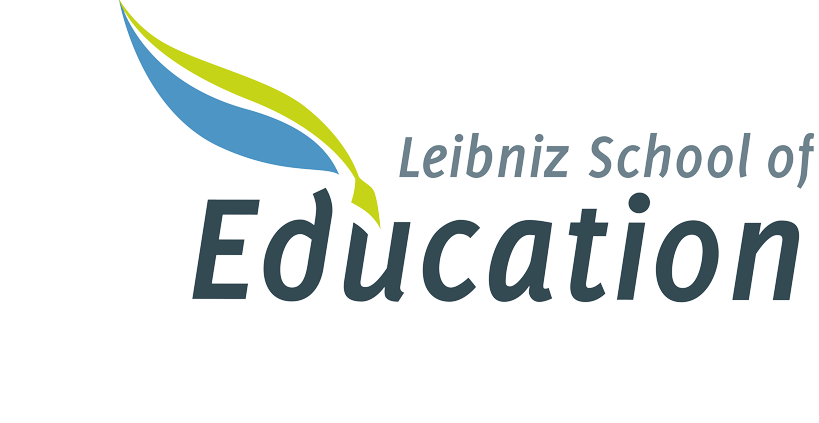Digital Multi-Perspective-Talk-Series on the topic of “Opportunities and Challenges in implementing digital teaching in vocational school teacher education”.
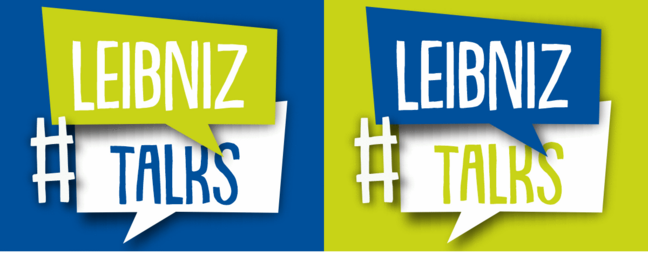
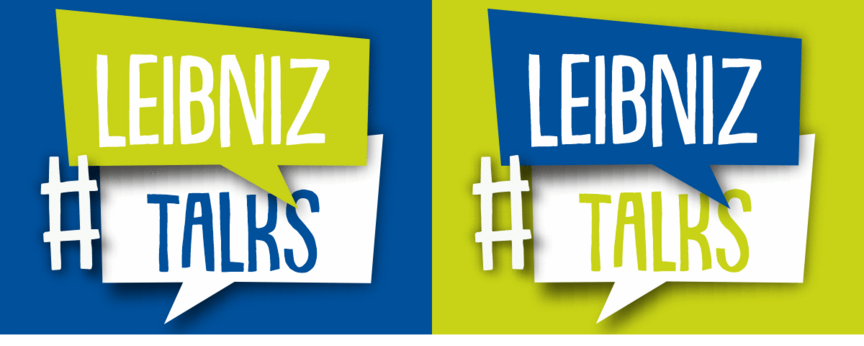
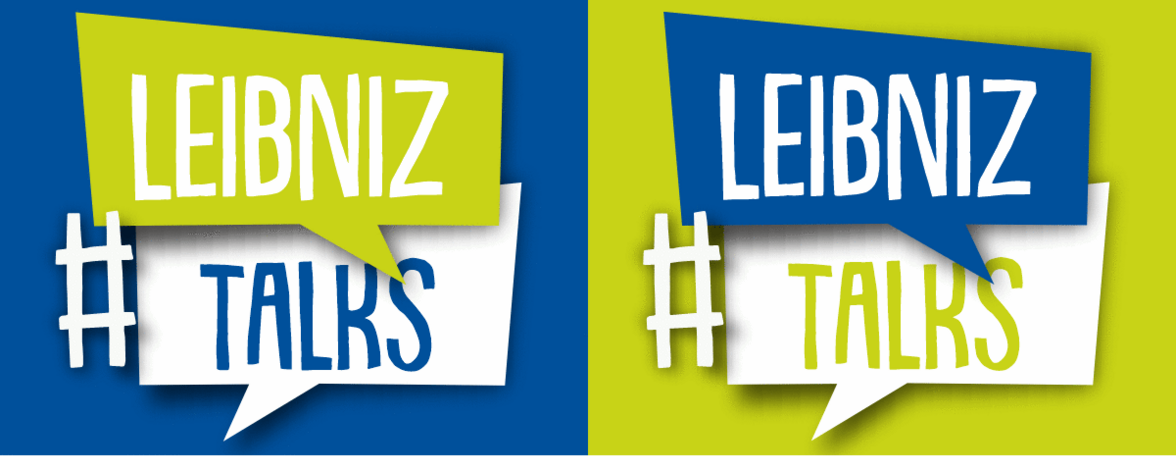
From now on only online? Unfortunately it is not that simple. But what does it mean for us if we want and have to digitally design teaching and learning in vocational teacher education? What interests do the players involved have? What opportunities does digitization offer us and what are the challenges? Where can we already learn from one another?
These and other questions will be addressed in our digital multi-perspective talk series #leibniztalks. Together with selected representatives from, for example, university, preparatory service and school, we want to engage in a joint exchange in an informal and constructive atmosphere at the end of the working day from 6 p.m. to 7 p.m.
A Look Back
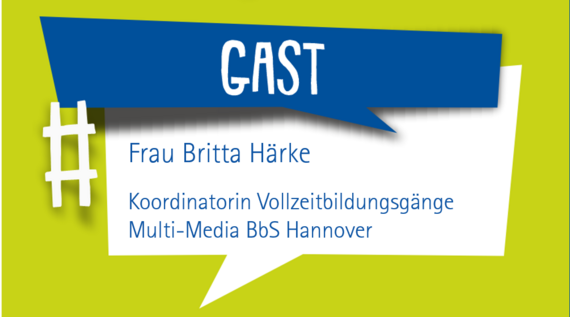
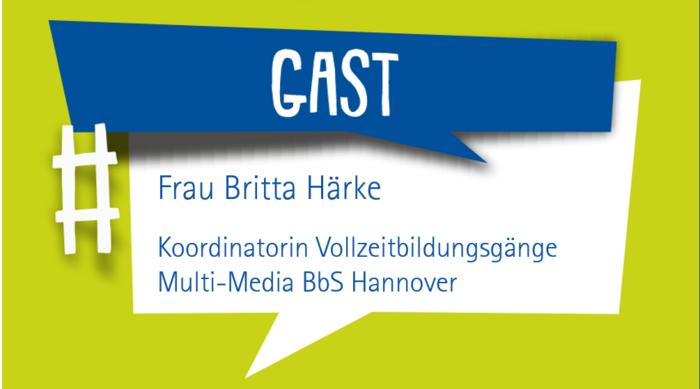
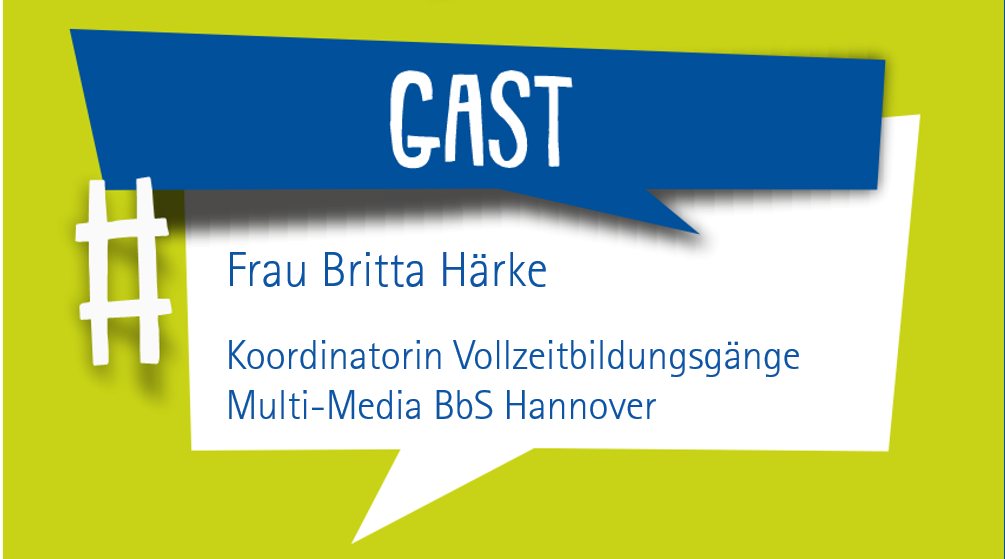
The #leibniztalk with Mrs Britta Härke took place on 17 September 2020 on the topic of "Didactic patterns for hybrid teaching between presence and distance - teaching concepts during and after the pandemic at the Multi-Media Vocational School Hannover". Mrs Härke reported on the implementation and results of the pilot project "Online-supported decentralised lessons", which was carried out at the MMVS from April to July on behalf of the Ministry of Education and Cultural Affairs. The school's entire teaching took place online during these months - even during the times when other schools gradually switched back to face-to-face teaching.
In the #leibniztalk on the 8th of October 2020, Christian Seebens reported on the topic of "Organisation of digitalised learning at vocational schools" and his experiences during the Corona Pandemic. In addition, Mr. Seebens provided fascinating insights into the media education concept currently being developed at the vocational school in Burgdorf, which revealed pioneering aspects and expectations of teacher education.
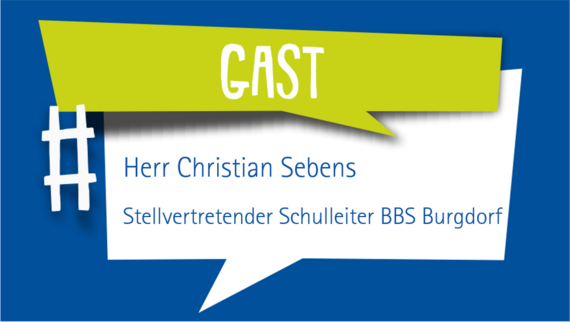
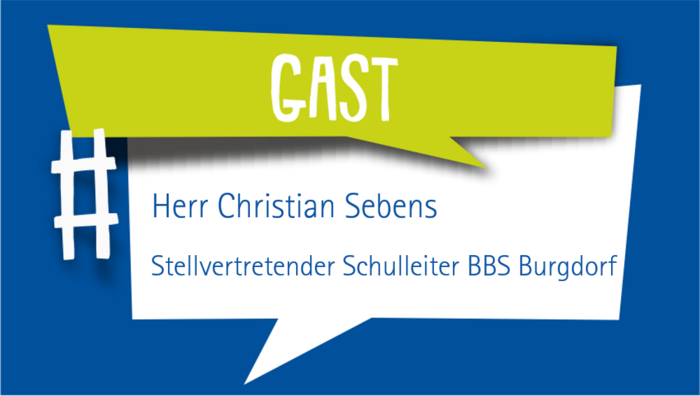
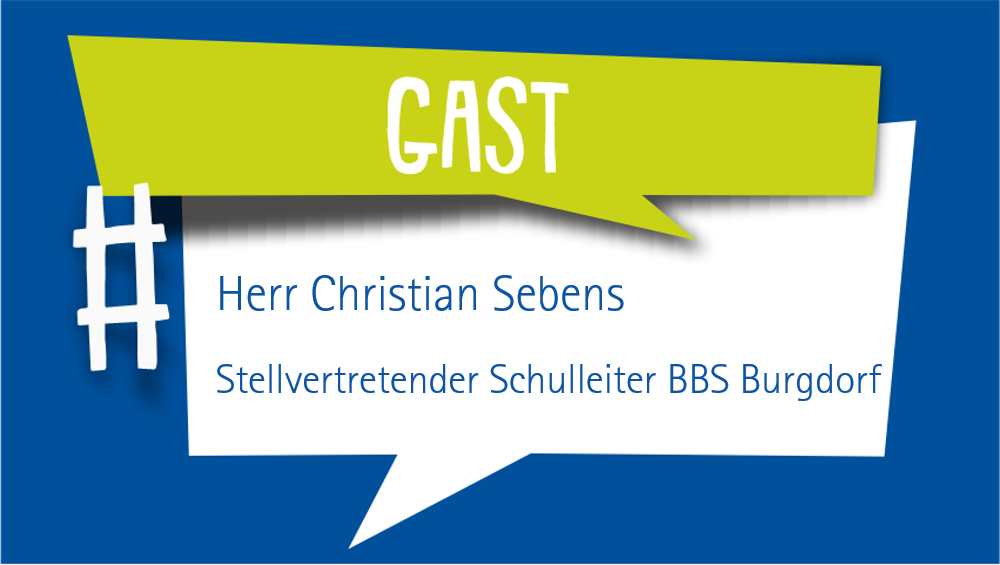
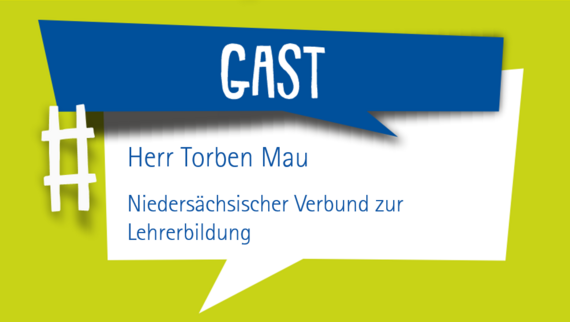
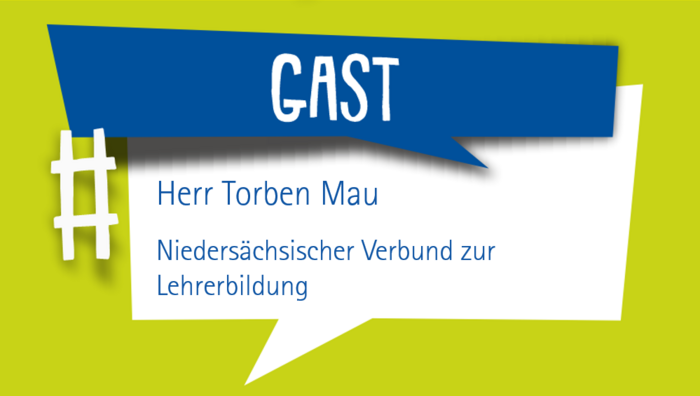
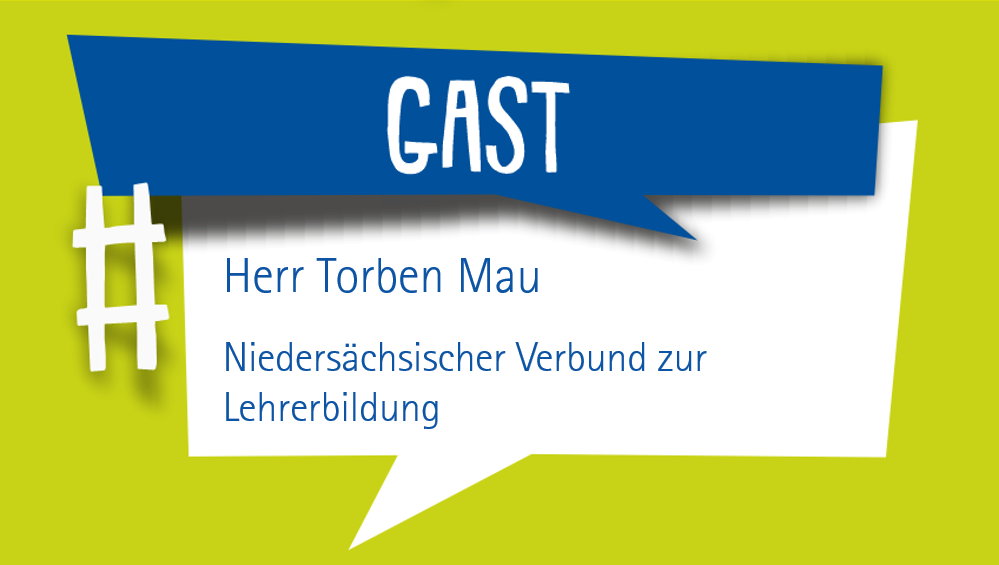
In the #leibniztalk on 29.10.2020, Torben Mau presented the development project "Basic Competences in Digitalisation" for all teacher education degree programmes in Lower Saxony, which is funded by the Lower Saxony Ministry of Science and Culture (MWK) and based at the Lower Saxony Network for Teacher Education.
During the #leibniztalk, Torben Mau made it clear that digitalisation must be viewed as a learning objective. This can only succeed if related disciplines such as media education, media science, didactics and computer science work together. Ultimately, however, it is the willingness of teachers to engage in this lifelong learning process that is decisive.
